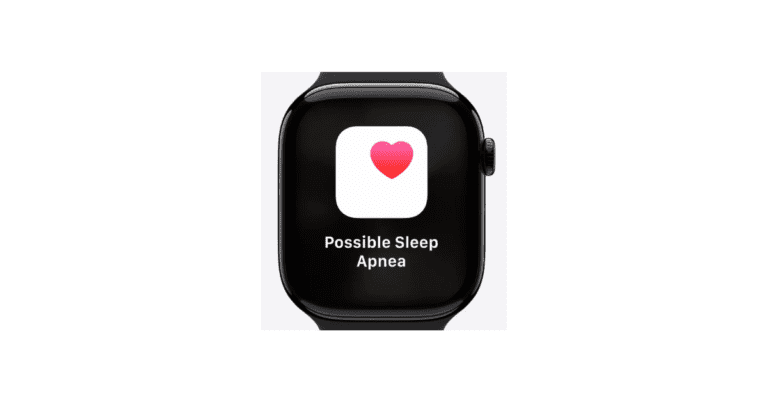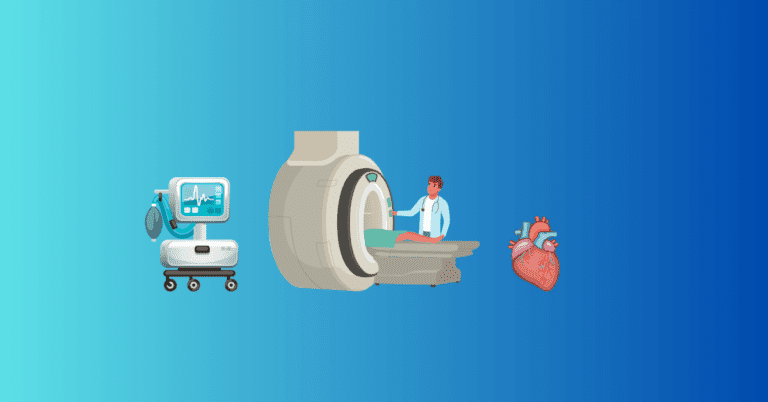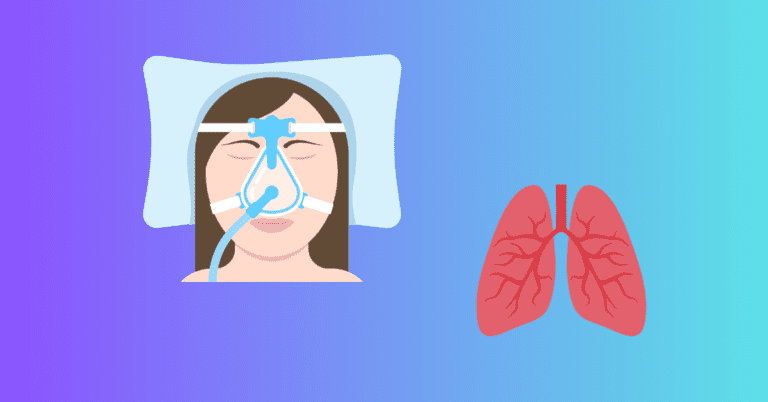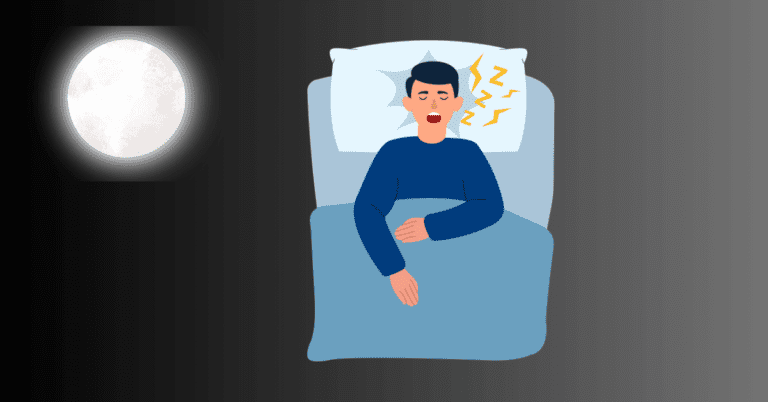Sleep Apnea and Sex: What’s the Impact?
Jeremy Smith is a long-term CPAP user and sleep apnea advocate. After being diagnosed with severe obstructive sleep apnea, he created ByJeremySmith.com to help others navigate CPAP therapy through personal stories, gear reviews, and practical advice.
Sleep apnea and sex. Is there a link?
When most people think of sleep apnea, the first things that come to mind are loud snoring and waking up feeling tired…

But sleep apnea can affect much more than just sleep quality—it can have significant effects on sexual health and relationships.
In this article, we’ll explore the link between sleep apnea and sex, what the research says, and what you can do if you’re facing both sleep apnea and sexual health issues.
What is Sleep Apnea?
Sleep apnea is a condition where breathing repeatedly stops and starts during sleep. The most common type, obstructive sleep apnea (OSA), happens when the throat muscles relax too much, blocking the airway.
This interruption reduces the oxygen supply to vital organs and disrupts sleep cycles. The less common form, central sleep apnea, occurs when the brain fails to send proper signals to the muscles that control breathing.
Both types can affect overall health in profound ways, including sexual health.
Common Signs of Sleep Apnea
- Loud, persistent snoring
- Episodes of gasping or choking during sleep
- Daytime drowsiness and fatigue, even after a full night’s sleep
- Waking up with a dry mouth or sore throat
- Morning headaches and difficulty concentrating
- Mood changes such as irritability or depression
Many people with sleep apnea remain undiagnosed because they are unaware of their disrupted sleep patterns. Family members or partners often observe the symptoms first, which makes communicating with a loved one about potential signs very important.
The Link Between Sleep Apnea and Sexual Health
Sleep apnea can significantly impact a person’s sexual health. It may not be the first thing that comes to mind, but untreated sleep apnea can extend its negative effects into the bedroom. Here’s how:
1. Reduced Libido
One of the main reasons sleep apnea impacts sexual health is through hormonal changes. Testosterone, the hormone that plays a significant role in sexual drive for both men and women, is primarily produced during sleep.
People who suffer from sleep apnea experience disrupted sleep cycles, which in turn leads to lower testosterone production. A consistent drop in testosterone can result in reduced libido (sex drive). For men, this reduction can make sexual arousal more difficult, while women may experience a decline in sexual satisfaction and interest.
2. Erectile Dysfunction (ED) in Men
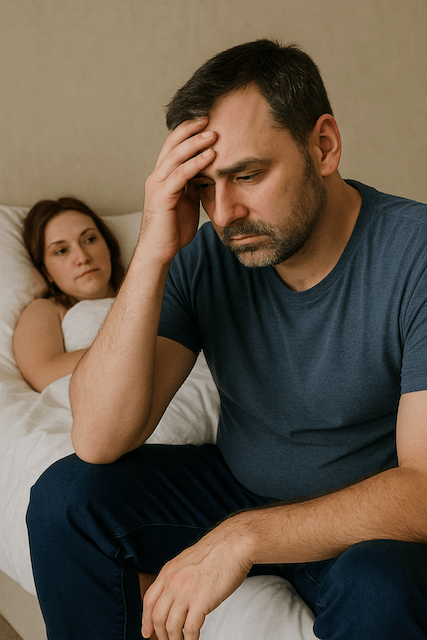
Men with sleep apnea are more likely to experience erectile dysfunction (ED). This happens for a few reasons. First, the repeated interruptions in breathing reduce blood oxygen levels.
Since achieving and maintaining an erection relies heavily on blood flow, this decrease can lead to issues in sexual performance.
Moreover, chronic sleep disruption from sleep apnea can impact REM sleep, a sleep stage closely tied to sexual health and performance.
Without regular REM sleep, the body’s overall ability to function optimally—including in the bedroom—can be compromised.
3. Impact on Mood and Energy
Chronic sleep deprivation from sleep apnea can lead to feelings of exhaustion, irritability, and even depression. These mood changes can directly influence sexual desire and satisfaction. Fatigue reduces energy levels and can make individuals less interested in sex, while depression and irritability can further strain relationships and decrease libido. This creates a cycle where sleep apnea leads to poor sleep, resulting in mood changes that then impact sexual health.
How Sleep Apnea Affects Women’s Sexual Health
Sleep apnea affects both men and women, but women may experience unique challenges. In many cases, women are underdiagnosed or misdiagnosed with sleep apnea because their symptoms can be more subtle. Women are less likely to exhibit classic symptoms like loud snoring and may report fatigue, mood disturbances, or insomnia instead.
Common Issues in Women
- Decreased libido and sexual desire: Hormonal changes due to poor sleep can result in a noticeable drop in interest in sexual activity.
- Lowered sexual satisfaction: Women with sleep apnea may find that they have a harder time reaching orgasm or enjoying intimacy as they once did.
- Hormonal Imbalances: Sleep is crucial for maintaining hormonal balance. Interrupted sleep can lead to fluctuating hormone levels that influence everything from mood to libido.
These differences highlight why it’s essential for women to communicate any sleep issues to their healthcare provider, especially if it affects their daily life or relationships.
The Science Behind Sleep Apnea and Sexual Dysfunction
A significant number of studies have shown that there is a clear connection between sleep apnea and sexual health issues.
For example, research published in the Journal of Sexual Medicine found that men with severe sleep apnea were at a higher risk of experiencing erectile dysfunction. This risk persisted even when controlling for other factors like age and body mass index (BMI).
The findings suggest that the severity of sleep apnea correlates with the degree of sexual dysfunction.
Similarly, a study involving women with sleep apnea found that many reported lower levels of sexual satisfaction and an increase in signs of sexual dysfunction compared to those without sleep apnea.
These results emphasize the importance of viewing sleep apnea as a comprehensive health issue that extends beyond sleep alone.
What Can Be Done to Improve Sexual Health Affected by Sleep Apnea?
The good news is that addressing sleep apnea can lead to improvements in sexual health. Here are steps you can take:
1. CPAP Therapy
Continuous Positive Airway Pressure (CPAP) therapy is the most commonly prescribed treatment for sleep apnea.
A CPAP machine keeps the airway open by providing a steady stream of air during sleep. Research shows that people who use CPAP therapy often report better sleep quality, more energy during the day, and improvements in sexual function.
Regular use of CPAP can help regulate oxygen levels and improve REM sleep, which is critical for hormone production and overall sexual health.
2. Lifestyle Modifications
Lifestyle changes can play a significant role in managing sleep apnea and improving sexual health:
- Weight Loss: Obesity is a significant risk factor for sleep apnea. Losing weight through a combination of healthy eating and regular exercise can reduce the severity of sleep apnea symptoms and improve blood circulation, which supports better sexual health.
- Quit Smoking: Smoking can damage blood vessels and negatively affect both sleep apnea and sexual health. Quitting can improve lung function, circulation, and overall well-being.
- Limit Alcohol Consumption: Alcohol relaxes the muscles in the throat, making sleep apnea worse. Reducing alcohol intake, especially before bedtime, can lead to better sleep quality and minimize apnea events .
3. Treat Underlying Health Issues
Sleep apnea often occurs alongside other health problems like high blood pressure, diabetes, and heart disease. Managing these conditions can help improve sleep quality and reduce the risk of sexual dysfunction. Depending on the condition, this might involve medication, lifestyle changes, or medical procedures.
4. Psychological Support and Counseling
Dealing with sleep apnea and its impact on sexual health can be stressful. Anxiety about sleep, fatigue, or performance can further affect libido and sexual satisfaction. Cognitive-behavioral therapy (CBT) or speaking with a therapist can help manage stress, improve sleep habits, and boost mental well-being.
Couples therapy can also be beneficial if sleep apnea has strained a relationship due to its impact on intimacy and connection.
Tips for Supporting a Partner with Sleep Apnea
If your partner has sleep apnea, your support can make a significant difference in their treatment and overall quality of life. Here are a few ways to help:
- Encourage Treatment: Support your partner in seeking a diagnosis and sticking to a treatment plan. CPAP therapy can be difficult to adapt to at first, but encouragement and patience can help them stay motivated.
- Promote Healthy Habits: Participate in healthy lifestyle changes together, like going for walks or cooking nutritious meals. This can help both partners improve their health and strengthen their relationship.
- Communicate Openly: Talking about how sleep apnea is affecting your relationship, including sexual health, can help both partners feel heard and supported. Open communication can lead to collaborative solutions and increased understanding.
Conclusion
Sleep apnea is more than just a disruptive sleep disorder; it has profound impacts on sexual health and relationships.
Whether through hormonal changes, reduced blood flow, or low energy, sleep apnea can take a toll on intimacy and overall satisfaction in romantic relationships. However, understanding this connection is the first step to seeking effective treatment.
With options like CPAP therapy, lifestyle adjustments, and medical support, you can manage sleep apnea and improve sexual health.
Better sleep doesn’t just improve your nights—it rejuvenates your entire life, including relationships and intimate moments. If you or your partner are struggling with sleep apnea and its effects, don’t hesitate to consult a healthcare provider and start on the path toward better health and fulfillment.
Thanks for reading my article on the link between slepp apnea and sex.
References
- American Sleep Apnea Association: Learn more about the basics of sleep apnea, its types, and common symptoms from the American Sleep Apnea Association.
- Mayo Clinic: For an overview of sleep apnea and its symptoms, visit the Mayo Clinic’s page on sleep apnea.
- Journal of Sexual Medicine: The relationship between sleep apnea and erectile dysfunction is highlighted in research available through the Journal of Sexual Medicine.
- PubMed Central: Details on the connection between disrupted sleep, testosterone production, and sexual health are available in studies listed on PubMed Central.
- National Sleep Foundation: Information on how sleep apnea affects women differently can be found at the National Sleep Foundation.
- American Heart Association: The benefits of lifestyle changes like weight loss and quitting smoking for managing sleep apnea and improving overall health are discussed by the American Heart Association.
- Centers for Disease Control and Prevention (CDC): For more on the importance of lifestyle modifications for health conditions related to sleep apnea, visit the CDC’s guide.
- Endocrine Society: The impact of sleep on hormone production and its effects on libido are examined in resources from the Endocrine Society.
- Cognitive-Behavioral Therapy for Sleep and Sexual Health: Insights into how psychological counseling like CBT can assist with the mental health impacts of sleep apnea can be found in publications through APA Journals.
Disclaimer: The content on this blog is for informational and educational purposes only and is not a substitute for professional medical advice. Always speak with your doctor or sleep specialist before starting, stopping, or changing any treatment or therapy related to sleep apnea or CPAP use.

